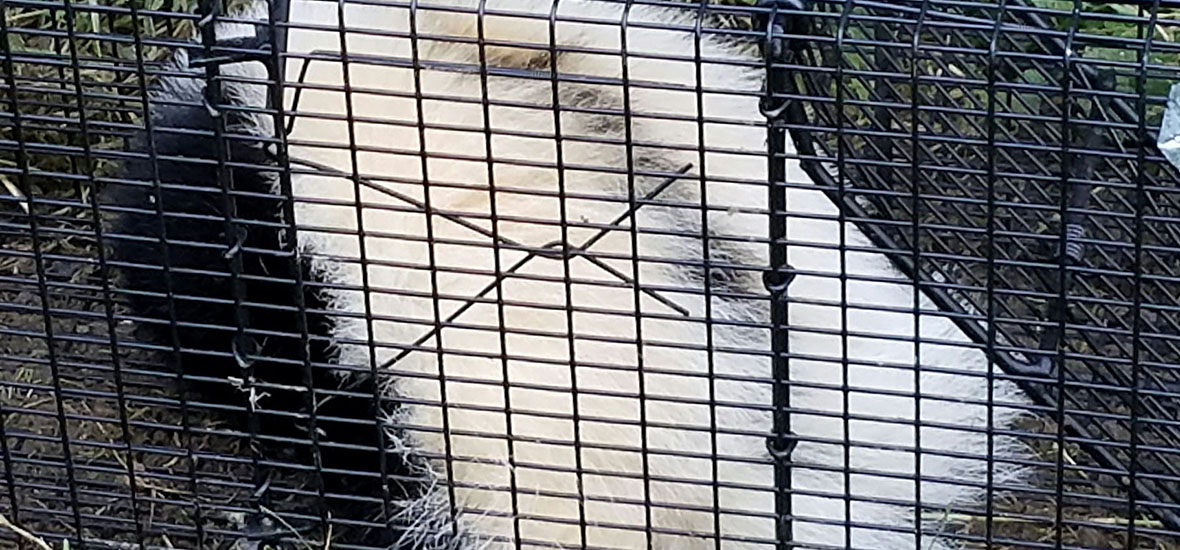- info@Elizabethpestanimal.com
Call 24/7 for a free quote:
908-651-0096
Best Tips to Keep Skunks Away from Your Elizabeth Garden
Skunks are opportunistic feeder that will eat both meat and plant-based Elizabeth food. Their natural diet will depend upon the availability and the season. They will eat bird eggs, snakes, birds, frogs, moles, earthworms, larva, and insects. They will also enjoy a range of fruits such a nuts and berries. They love to munch on the leaves of the plants, roots and fungi. This is why they will regularly pay our garden a visit especial if there is a large amount of food supply in our yard.

Steps in Keeping Away the Skunks from the Garden
There are multiple ways on how you can discourage the New Jersey skunk from visiting and damaging your garden. If you are familiar on the method that will thwart their infestation, you will be able to protect not only the plants in your garden but also your property. This is also the best way to reclaim your house from these pesky creatures.
Restrict Their Access to Food
As we mentioned above, the reason why the New Jersey skunk is visiting your yard is to forage for food. The best way to keep them at bay is by stalling barriers or fences. Start by covering your garden beds with fences. For the berries, you may cover them with nets. Mesh wires and hardware cloth would be an excellent material to use as a barrier. They have a high resistance against the bites of the skunk.
Choose the Elizabeth Plant
There are certain plants that you can add in your garden that will not capture the interest of the skunk. For instance planting squash can repel them. Although the skunk will love the taste of the squash, the leaves of the squash have tiny hairs that will be uncomfortable for the skunk. This will irritate the feet and the skin of the skunk. Another way to discourage them is to put Urtica Dioica and stinging nettle all over your garden. This will create a mixture of stinging and burning feeling that will keep the skunk away.
Remove the Insect for Your Garden
Another source of food for the New Jersey skunk would be the insects in your garden. There should be worms, bugs, beetles, and grubs in your garden that is attracting them. Keeping the population of the insect in control can greatly discourage the creature infestation. If you start noticing some shallow circular holes in your garden, this is a sign that a skunk is hunting insect in your garden.
In the event that the Elizabeth skunk infestation still persists, you should think of capturing the creature and relocate them if the local jurisdiction allows you to do so. Setting a trap may require expertise. You will have to consider their placement and the bait that will attract them. These two factors can greatly increase the success of trapping the skunk. You may use cat food, peanut butter, canned foods or other food that has a strong and greasy scent. If this method failed to resolve your skunk problem, you should consider hiring the assistance of the expert wildlife remover.
Visit our Elizabeth wildlife removal home page to learn more about us.

